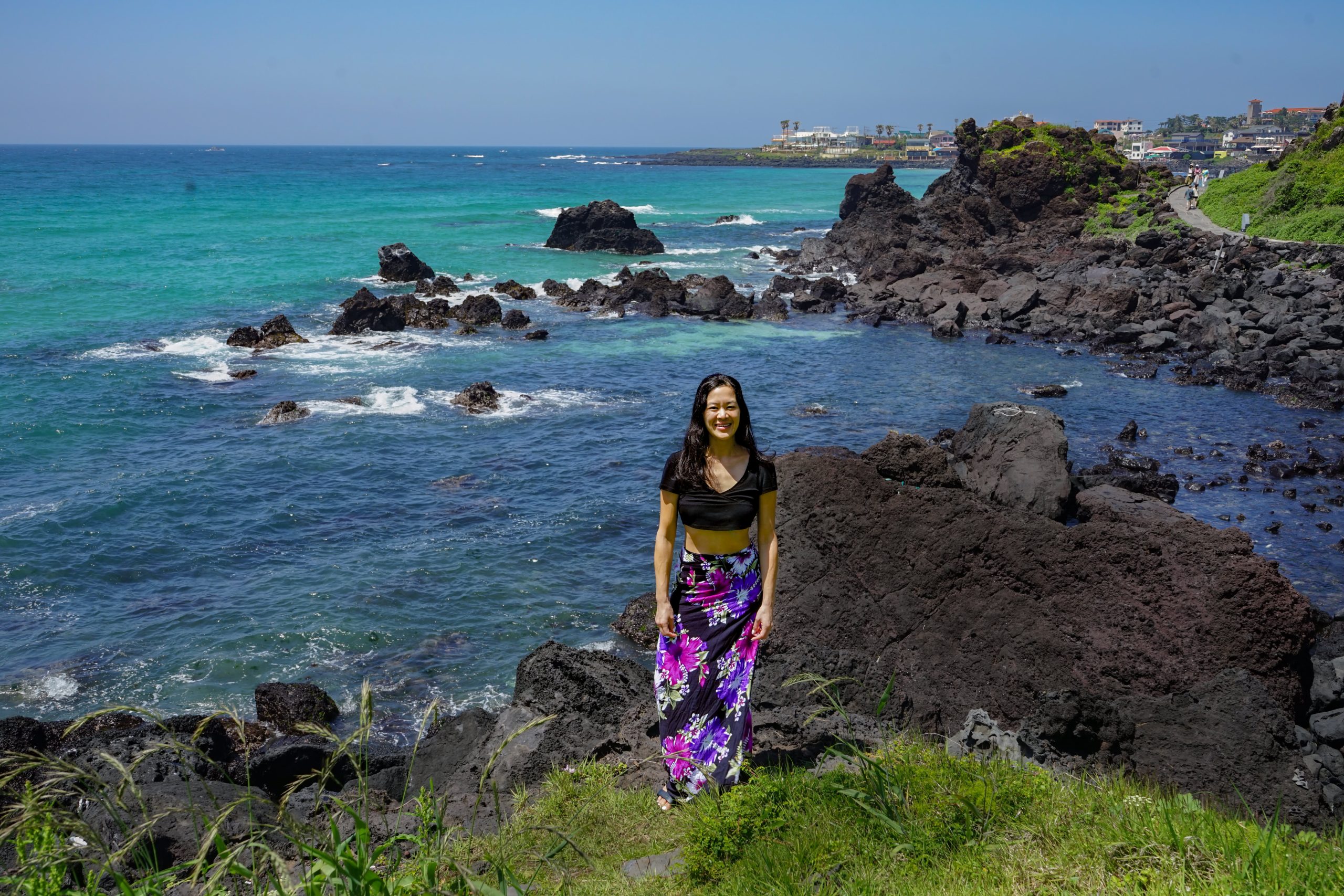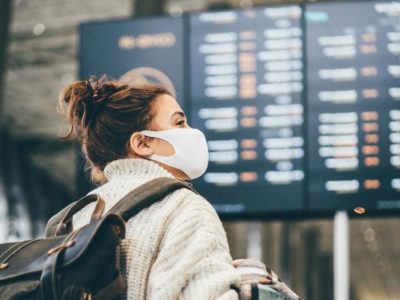But the thrill quickly petered out. I stood on the dramatic coastal bluffs of Jeju Island, Korea, and felt apathy. While roaming Japan, I peered with jealousy at people on their laptops in Starbucks.
I was living my dream, but feeling burned out and hollow. That’s when I realized I’d made a huge mistake: I had changed my circumstances, but not my state of mind.
It dawned on me that I was approaching my sabbatical the same way I’d approached my career — like a workaholic.
Back home, working doggedly in pursuit of more success and prestige had turned me into an anxious mess unable to live in the present. Now I was making the same missteps by traveling on a meticulously planned, militaristic schedule.
DON’T MISS: The ultimate guide to earning passive income online
I was checking off destinations so that I could wear the number of places I’d been like a badge of honor. Then my life would be as worthwhile as the travel influencers I envied, I thought.
Something had to change if I was going to enjoy my time off. These are the key three steps I took to transform my sabbatical and my life, and what they taught me about balancing well-being and ambition.
I felt defeated, lying in bed in Tokyo, mourning what was supposed to be my big life plan: knock out visits to all 34 countries left on my bucket list during my sabbatical.
That way, I could get all the travel out of my system, go home, and focus solely on career and family planning goals. I wouldn’t fall too far behind my peers, who were hitting milestones like buying homes and having kids.
But my burnout gave me the clarity I needed to slash my sabbatical bucket list in half, to focus on quality over quantity. What was the point of seeing so many places if I didn’t truly enjoy them?
Tokyo
Courtesy of Helen Zhao
I relinquished the desire to tell people I’d been to over 50 countries. I accepted that I’d continue traveling later if I wanted to, even if it meant less time to pursue professional goals.
Learning how to prioritize my well-being meant letting go of control and of the metrics I thought defined my self-worth. I began to measure success through the moments I felt truly alive, at peace, and connected with others, instead of the quantifiable accomplishments that might make my resume and online bio more impressive.
I learned to ignore FOMO in favor of listening to my needs, even if it meant “missing out” on many of the most hyped and Instagrammable things to do.
Instead of traveling two hours to the mountain backpacker paradise of Pai, Thailand, I stayed in Chiang Mai to read articles and watch mini-docs from charming cafes. Instead of embarking on a Caribbean island tour from Cartagena, Colombia, I opted to sleep in after a night out dancing with friends.
I started to genuinely enjoy everything I did more, once I prioritized the pursuit of joy over a sense of obligation to do all the things I thought would make me a more accomplished traveler or professional.
In my first few months traveling, I frequently stayed up late to formulate and pitch freelance story ideas. I was trying desperately to maintain a connection to work, since my self-esteem depended heavily on my job.
But trying to multitask was burning me out even faster.
Patagonia
Courtesy of Helen Zhao
I completely gave up freelancing. Instead I focused on delving into topics I didn’t have the energy to study while I was working full-time, such as history, geopolitics and real estate investing. For the first time in years, I felt like a curious human learning about the world, instead of a worker bee defined by my productivity.
Developing a fulfilling identity completely disconnected from work has helped me significantly. I make time now for rest and play without feeling guilty. And I can approach work with more vitality and fresh ideas.
Returning home to Los Angeles in late February, I felt the lessons I’d learned during my sabbatical slipping away. I was swallowed by anxiety and workaholism again, back in my old environment and looking for a new job.
To gradually reconnect with the person I had become during my sabbatical, I began to meditate, journal about what I’m grateful for, and take walks every day.
I’d always wanted to, but I never made time for these daily practices before, because I worried they’d detract from my productivity. Now these routines help me maintain and build on the emotional work I did during my trip.
Instead of slipping into burnout or feelings of unworthiness, I’m embracing the time I spend figuring out what’s next. I’m learning to cultivate a fulfilling identity and life even when I’m not working a dream job or traveling the world.
Helen Zhao is a former video producer and writer at CNBC. Before joining CNBC as a news associate, she covered residential real estate for the LA Business Journal. She’s a California native and a proud USC Trojan and UCLA Bruin.
Want to make extra money outside of your day job? Sign up for CNBC’s new online course How to Earn Passive Income Online to learn about common passive income streams, tips to get started and real-life success stories. CNBC Make It readers can use special discount code CNBC40 to get 40% off through 8/15/24.
Plus, sign up for CNBC Make It’s newsletter to get tips and tricks for success at work, with money and in life.










